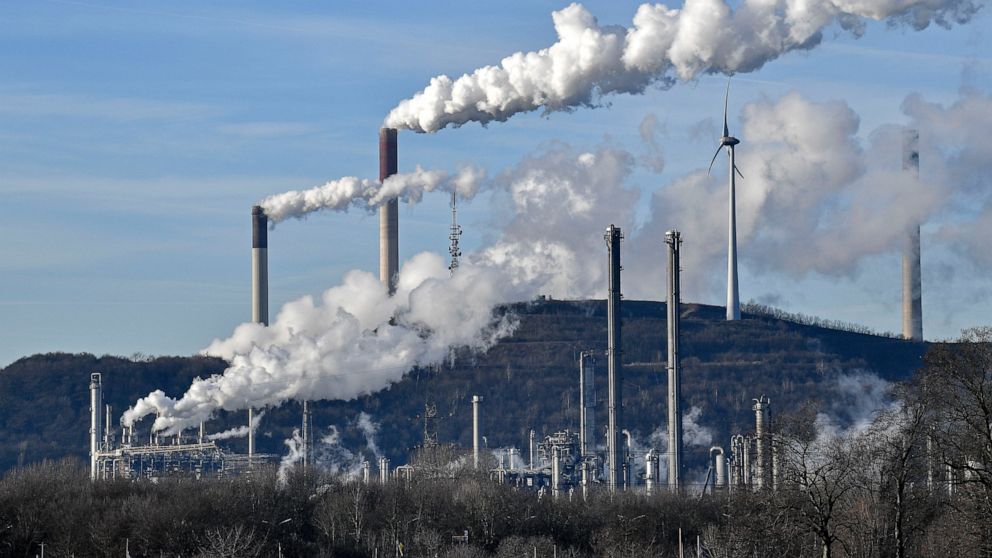German lawmakers approve plan to phase out use of coal
Germany’s lower house of parliament has voted to pass new legislation finalizing the country’s long-awaited phase-out of coal, over objections from environmental groups the plan is not ambitious enough
By
FRANK JORDANS Associated Press
July 3, 2020, 10:59 AM
3 min read
BERLIN — Germany’s lower house of parliament voted Friday to finalize the country’s long-awaited phase-out of coal as an energy source, backing a plan that environmental groups say isn’t ambitious enough and free marketeers criticize as a waste of taxpayers’ money.
Two bills, which are expected to get approval from the upper house later Friday, envision shutting down the last coal-fired power plant by 2038 and spending some 40 billion euros ($45 billion) to help affected regions cope with the transition.
The plan is part of Germany’s ‘energy transition’ – an effort to wean Europe’s biggest economy off planet-warming fossil fuels and generate all of the country’s considerable energy from renewable sources. Achieving that goal is made harder than in comparable countries such as France and Britain because of Germany’s existing commitment to also phase out nuclear power by the end of 2022.
Greenpeace and other environmental groups have staged vocal protests against the government’s plan, arguing that it won’t reduce Germany’s greenhouse gas emissions fast enough to meet the targets set out in the Paris climate accord.
“Germany, the country that burns the greatest amount of lignite coal worldwide, will burden the next generation with 18 more years of carbon dioxide,” Greenpeace Germany’s executive director Martin Kaiser told The Associated Press.
Kaiser, who was part of a government-appointed expert commission, accused Chancellor Angela Merkel of making a “historic mistake,” saying an end date for coal of 2030 would have sent a strong signal for European and global climate policy.
Environmentalists have also criticized the large sums being offered to coal companies to shut down their plants, a complaint shared by libertarians such as Germany’s opposition Free Democratic Party.
Katja Suding, a leading FDP lawmaker, said the government should have opted to expand existing emissions trading systems that put a price on carbon, thereby encouraging operators to shut down unprofitable coal plants.
“You just have to make it so expensive that it’s not profitable anymore to turn coal into electricity,” she said.
But the head of Germany’s main miners’ union, Michael Vassiliadis, welcomed the decision, calling it a “historic milestone.” He urged the government to focus next on an expansion of renewable energy generation and the use of hydrogen as a clean alternative for storing and transporting energy in the future.
———
David Rising contributed to this report.
![]()


